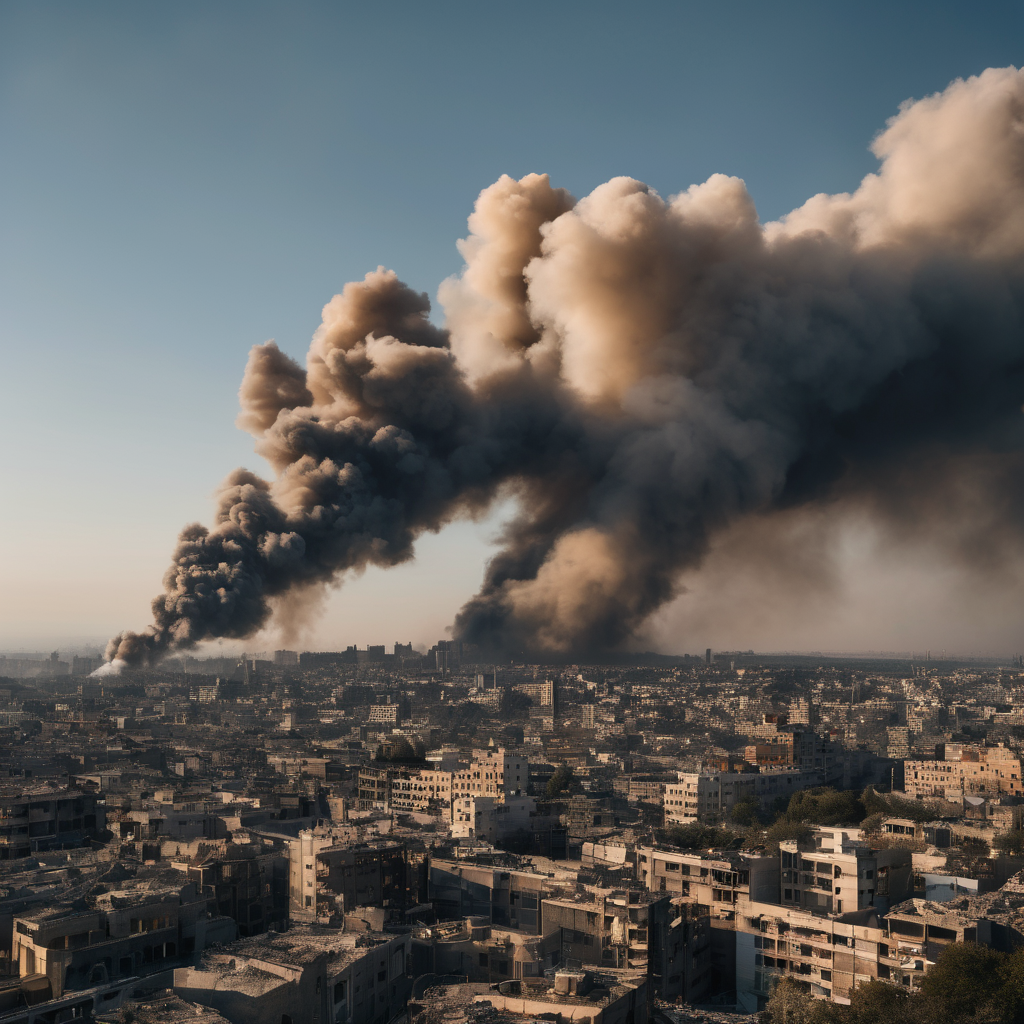Israeli Prime Minister Benjamin Netanyahu announced on Tuesday that the military has been directed to carry out “powerful attacks” in Gaza. This decision comes on the heels of accusations that the militant group Hamas has breached a ceasefire agreement in the region. While Netanyahu’s office has not detailed the planned military operations, an Israeli military official indicated that Hamas violated the ceasefire by attacking Israeli forces in an area under Israeli control.
Netanyahu further accused Hamas of contravening the ceasefire by providing incorrect remains during ongoing efforts to recover the bodies of hostages. In response, Hamas had signaled its intent to return a body of a missing hostage found in a Gaza tunnel, but later announced a postponement of this handover, citing delays due to Israel’s alleged violations of the ceasefire terms.
Israeli media reports have captured instances of clashes between Israeli forces and Hamas fighters in Rafah, a city situated in southern Gaza. An Israeli military spokesperson opted not to comment on these confrontations. Meanwhile, Hamas asserts that it is complying with the ceasefire agreements, accusing Netanyahu of fabricating reasons to divert Israel from its commitments.
Currently, a U.S.-backed ceasefire is in place between Israel and Hamas, although both sides have accused each other of failing to uphold the agreement. According to the ceasefire terms, Hamas released all living hostages in exchange for nearly 2,000 Palestinian detainees and convicts, while Israeli forces paused their offensive operations. Despite Hamas agreeing to return the remains of deceased hostages, they maintain that the chaotic conditions in Gaza hinder their efforts to locate and retrieve these bodies, a statement disputed by Israel.
This escalation adds to the ongoing tensions between Israeli officials and Hamas within the context of persistent military and humanitarian challenges in the region. Previous reports have highlighted alarming casualty figures and the urgent need for humanitarian assistance due to the continuing conflict. The dire conditions in Gaza underscore the necessity for renewed international diplomatic initiatives. While the military situation remains precarious, there is a shared hope that sustained international mediation can pave the way for a peaceful resolution, improving humanitarian access for those affected by the crisis. The resilience of local communities amid adversity serves as a powerful reminder of the urgent need for peace and comprehensive support in the region.
